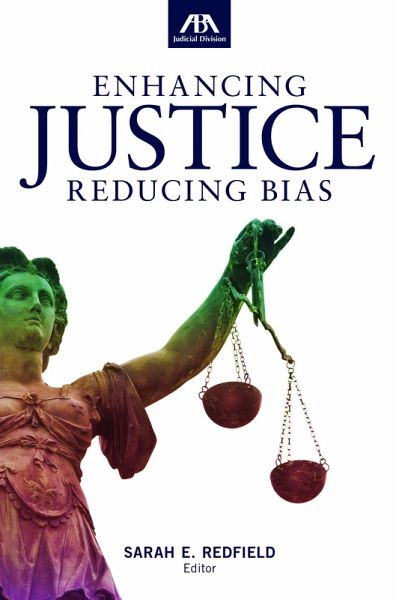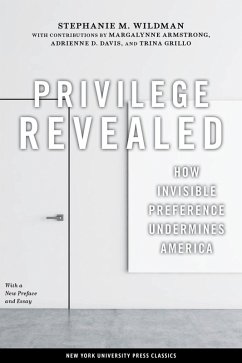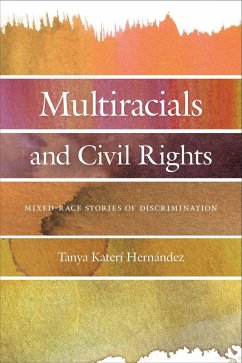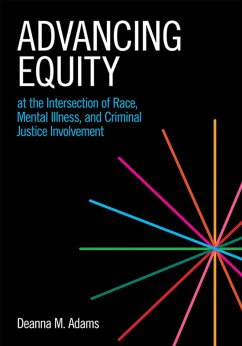Professor Sarah E. Redfield
Sarah Redfield is Professor Emerita at the University of New Hampshire School of Law and Affiliate Professor at the University of New Hampshire Department of Women's and Gender Studies. Professor Redfield earned her B.A. degree from Mount Holyoke College, J.D. degree from Northeastern University School of Law, LL.M. from Harvard Law School, and Certificate in Diversity and Inclusion from Cornell University. She is a member of the Maine Bar and a Fellow of the American Bar Foundation.
Education Law is Professor Redfield's primary practice and teaching area. She spent the bulk of her teaching career at the University of New Hampshire (UNH) School of Law where in addition to her teaching and faculty service, she founded the prestigious Education Law Conference to bring educators and lawyers together in a nonconfrontational setting. She also spent several years as Visiting University Professor & Professor of Law, at the University of the Pacific McGeorge School of Law in Sacramento, California, where she focused on education law teaching and initiatives. At McGeorge she and Dean Elizabeth Parker formed the Wingspread Consortium, an informal network of law school deans and deans in education, medicine, and related disciplines. Wingspread identified and supported pipeline leaders and inspired effective pipeline programs, many of which are thriving today. While in California, Professor Redfield was appointed to the Board of the Council on Legal Education Opportunity (CLEO) and the Council on Access & Fairness of the State Bar of California.
Professor Redfield's research and scholarship are focused on diversity and inclusion in the legal profession and along the education pipeline, and the results of this work are used widely by the legal profession to achieve its DEI (Diversity, Equity, and Inclusion) goals. Her current work and concentrates on implicit bias and on strategies to interrupt that bias and reduce the negative consequences of its manifestations in legal, medical, education, and workplace environments.
Professor Redfield's university and public service is related to, and an integral part of, her teaching, writing, and research. With the Honorable Judge Bernice Donald (U.S. 6th Circuit), Professor Redfield is Co-Chair of the Criminal Justice Section Implicit Bias Initiative. She also serves on several high-level American Bar Association (ABA) initiatives including the ABA Criminal Justice Section Council, where she is currently Vice Chair at Large and the ABA Diversity and Inclusion Advisory Council. She has previously served on the ABA Commission on Disability Rights, ABA Coalition on Racial and Ethnic Justice (COREJ), and ABA Pipeline Council. Professor Redfield also works extensively on similar projects beyond the bar, including, for example, as a member of the Implicit Bias Against People with Disabilities Project/Research Group with Harvard Medical Ethicist Maggi Budd and as Co-Chair of the Neutralizing Implicit Bias Colloquium, a Joint Project with Kaiser Permanente. Professor Redfield is the 2012 recipient of the Sadie Alexander Lifetime Achievement Award for work in diversity and the education pipeline.
Professor Redfield has often been a founder or founding member of task forces charged with identifying obstacles and opening the way to the profession. For example: starting in 2014, working under the auspices COREJ, she spearheaded an initiative to examine the school to prison pipeline, including outreach, town halls, and publications, all of which remain influential today. Several such initiatives have very specifically focused on women. For example: in the mid-2000s, she was a trainer for the UNH Advancing Women in the Academy (ADVANCE) programming; since its formation in 2019, she has been a member of the Criminal Justice Section's Women in Criminal Justice Task Force; last year, she was appointed by the National Conference of Women's Bar Associations to serve on their Task Force on Diversity, Equity, Inclusion, and Belonging.
Professor Redfield is a nationally respected author, presenter, and trainer. She is the editor and chapter author of the ABA book on implicit bias, Enhancing Justice: Reducing Bias and the co-editor with the Honorable Bernice Donald of the second volume in this series, Extending Justice: Strategies to Increase Inclusion and Reduce Bias. She was a lead author for the ABA Section on Litigation's Toolbox on Implicit Bias, lead consultant for the ABA project on Achieving an Impartial Jury, and the expert advisor for the State Bar of California's online bias course.
Professor Redfield has worked for well over a dozen years training judges, lawyers, and educators from all areas of practice and all parts of the country; more recently she has started work with NGOs interested in improving their diversity and equity profile. She has consulted and presented in a variety of venues including the American Bar Association, Arizona State University, the Chicago and Dallas Bar Associations, the Equal Pay and Florida Criminal Justice Summits, and federal and state government offices. In the past year, her DEI presentations included work with the ABA Civil Rights & Social Justice, Litigation, and Criminal Justice Sections; the Museum of Native American History; the Tennessee and Houston Bar Associations; law school faculty; other law practices; and state regulatory agencies.
Professor Redfield began her legal practice in her home state, first as an environmental law intern and then as an Assistant Attorney General in the Maine Attorney General's Office. Professor Redfield's clients included the Maine Human Rights Commission, where she was instrumental in the early formation of its direction and legal foundation-work which remains impactful today. Professor Redfield also has Maine government experience as a Vice President of the Finance Authority of Maine and Associate Commissioner of the Department of Agriculture, Food, and Natural Resources, where she co-managed a multimillion-dollar state agency budget and directed major policy initiatives, many of which remain serving farmers today. After her work with the State and academia, Professor Redfield joined her husband in managing a successful mid-size vegetable farm in Newport, Maine -while maintaining her own rigorous consulting, training, and writing schedule.
On a personal note: Professor Redfield is a native Mainer. Her mother was a homemaker and parttime bookkeeper, who before her marriage served in the U.S. Navy; her father was a printer. Her commitment to working in the public interest was formed and nurtured at Mount Holyoke where she was privileged to be taught by extraordinary female faculty in classes that were all women. At that time, she participated in voter registration drives in the South and spent a summer working for the Georgia Commission on Human Rights. These teachers and experiences opened doors for her and cemented her intention to do the same for other young women.
Sarah's son Alex was born 1986 and her daughter Althea Rose in 1992. Until she married Stewart Smith decades later, she was a single, self-supporting mother, working fulltime. In 1996, Sarah was diagnosed with a hereditary physical disability that affects her feet, hands and balance. Each of these personal experiences and relationships has shaped Sarah's life in immeasurable ways. They gave her the opportunity and privilege to connect with other communities, particularly those who were mothers and caregivers and those with disabilities. As her own experience grew, she had the accompanying opportunity to be a role model and mentor/coach for other similarly-situated women coming into the profession.
In 2019, Sarah's granddaughter, Harriet Rosemary McKenna Redfield was born to Alex and his wife Hillary Barter-inspiring Sarah to continue and multiply her work to achieve opportunities for the new generations of which Hattie will be part.















